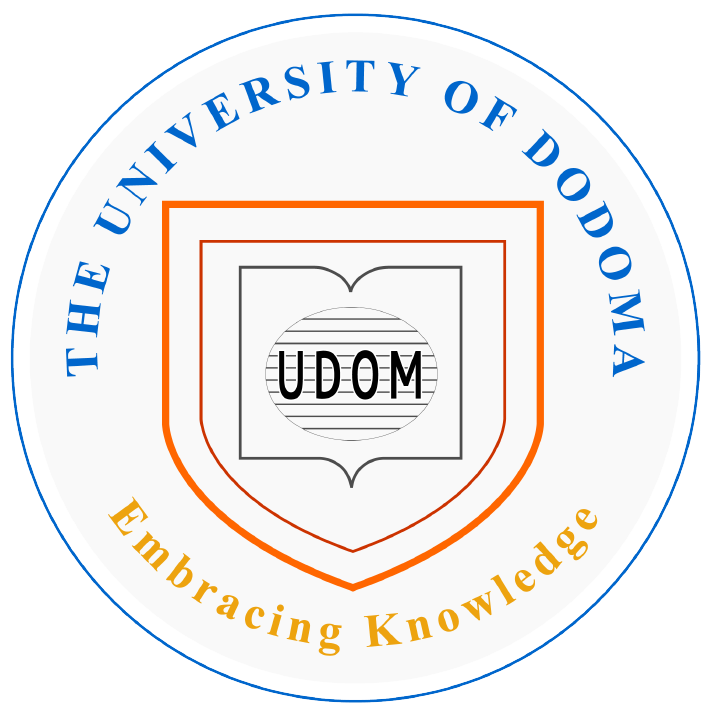Abstract
This article presents a postmodern analysis of the concept of truth, deconstructing reality by firstly tracing the historical development of the concept in different philosophical epochs and then highlighting the role of language, power, and cultural context in shaping our understanding of truth. The postmodernist rejection of absolute truth and emphasis on the relativity of truth is discussed, along with the influence of language on truth and the role of power in defining what is considered to be true. The article also examines the postmodernist critique of science and its emphasis on situating scientific knowledge within a particular cultural and historical context. Unlike previous scholarly works, the paper argues that, the postmodernist analysis of truth challenges traditional notions of objective reality and underscores the importance of context and perspective in shaping our understanding of truth.
